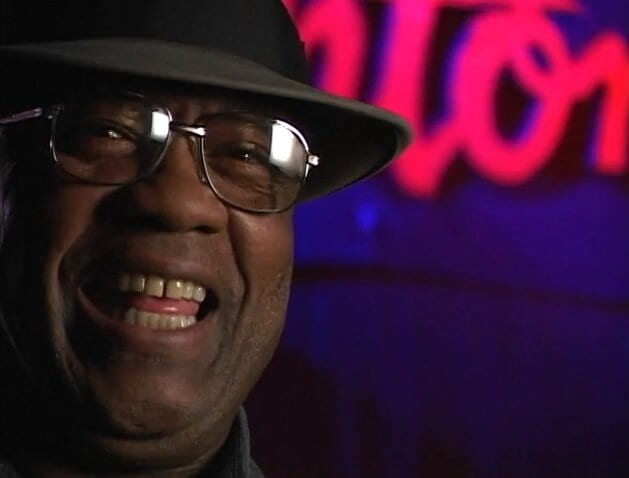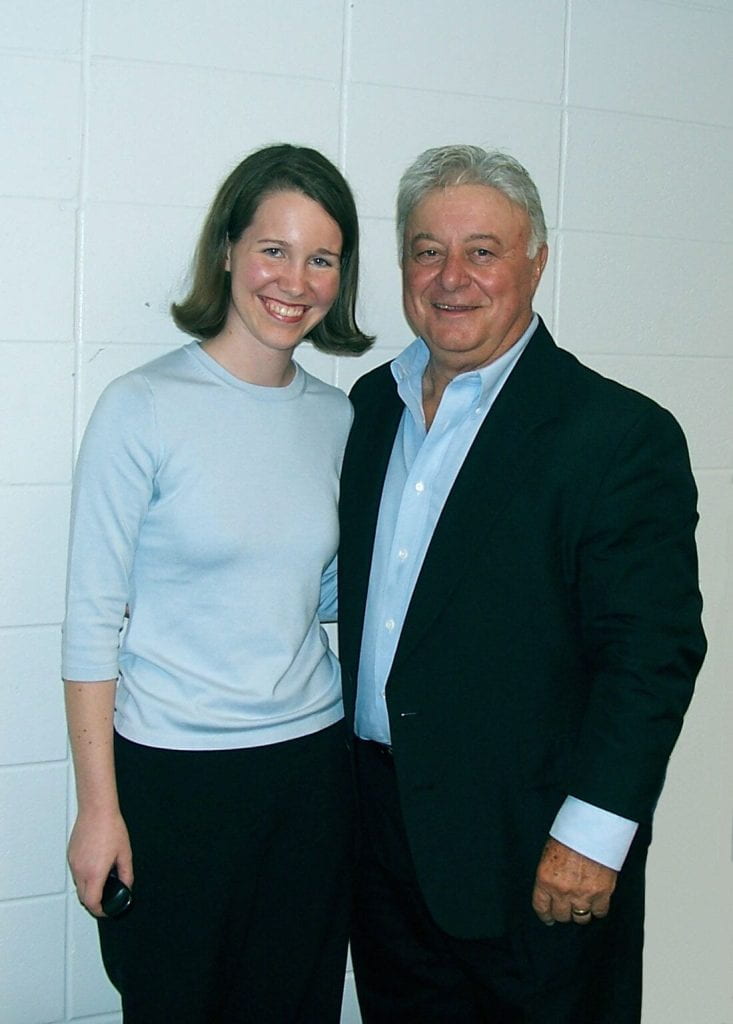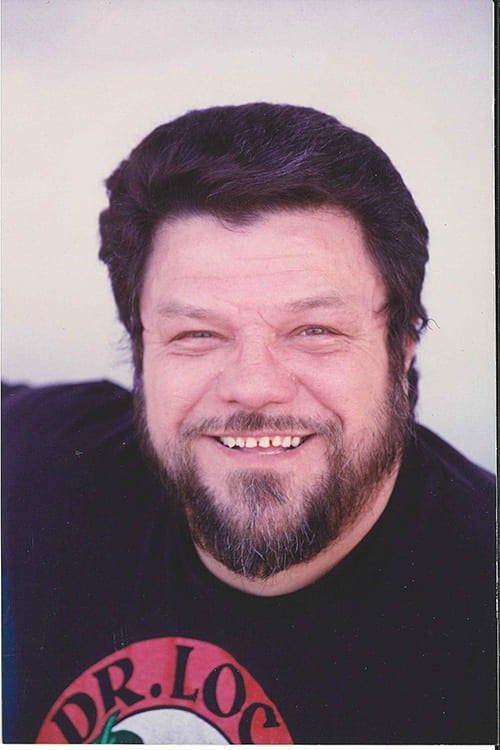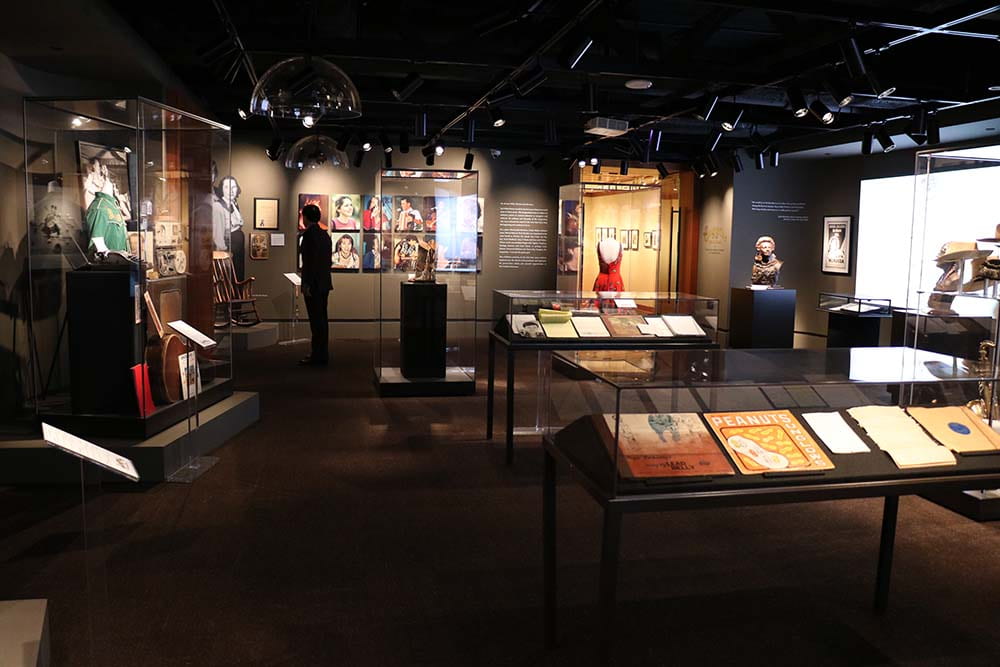Editor’s note: Student employees are a big part of The Wittliff’s success. In celebration of National Student Employee Week we want to highlight the hard work of our student employees. This is the first in a series of blog posts about how students contribute behind-the-scenes in the archives. Abigail Moon is a Wittliff digitization student employee and Anthropology major. In Fall of 2023, she digitized and catalogued 38 oral history interviews from Texas musicians that were created as part of the Texas Music Oral History project here at Texas State University. We asked to Abigail to contribute to The Keystone blog by selecting a few of her favorite quotes and clips from the materials she worked with.
The Texas Music Oral History project provides a view of Texas music through fascinating narratives of Texas music artists, from via interviews from 2004 to 2009. These stories show that – similar to the Texas landscape itself – Texas music is sprawling, crossing genres while creating new ones that reflect our state’s diversity and the profound impact it has had on the world. With their unique styles ranging from the vibrant rhythms of conjunto to the southern twang of country and raw sound of the blues, Texan musicians have become beloved figures on a global scale, showcasing the unmatched charisma of the Lone Star State’s music scene.
W.C. Clark, “Godfather of Austin Blues”

Still image of W.C. Clark, from “W.C. Clark interview,” 2003-2004, part of the Antone’s Home of the Blues Collection, The Wittliff Collections, Texas State University.
“We started doing a lot of shows overseas. We started in Moscow, Russia and went over to Turkey, and toured all through Turkey. Toured all through Russia. Came back, and a couple of years later we run out again. Started in Zurich, Switzerland, and Finland, Canary Islands, Germany, France, and Italy, and they want me to come back over there now.”
(Interview with W.C. Clark, Feb. 2007. Texas Music Oral History Collection.)
“I got a national award from France when I came back the last time. I was well received everywhere I went. The people over there always do. Some of them had my first LP that I made back in ’84. Like just about, you know? There’s a lot of blues left over there. In fact, the first club we went to in Moscow was a B.B. King club… Had a personal big statue of Elvis Presley off the album.”
(Interview with W.C. Clark, Feb. 2007. Texas Music Oral History Collection.)
Johnny Preston, who famously sang The Big Bopper’s “Running Bear.”

Jimmy Preston and student interviewer Chava Sanderson, 2005.
“I go to the UK and Scotland at least a couple, two or three times a year. I don’t want to sound like I’m bragging, but I’m a big act over there. They like the old rock ‘n roll music and they like it – they don’t care for synthesizers or anything added on to it. They want it to sound just like it did in the late ‘50s and early ‘60s.” (Interview with Johnny Preston, May 2005. Texas Music Oral History Collection.)
“They’re super music fans, they really are. They…and they’re very appreciative, you know. [We] played some concerts there, where they were outdoor[s]. And of course the stage was covered. And, well, it could be like a rain. I’m not talking about a sprinkle – I mean a rain, and they’d come to see it. They’d come in their ponchos and they got the head gear and everything else. And they would stand out there for a three-hour performance. And you know, they’re clapping and happy and giving you the thumbs-up, and it’s amazing. They really are music fans there. They just love it. They really do.” (Interview with Johnny Preston, May 2005. Texas Music Oral History Collection.)
James White, Texas musician and owner of the Broken Spoke

James White, June 2006.
“But, we would get a cross-section of people. We’d get maybe half hippies and half kind of redneck cowboys, the conservative type. But, we all got along because of the music. We might kind of look at them if they came in with the long hair. I mean some of them, the way they dress, it’d make anybody kind of stand up and look. But they were all nice, they were the flower children, they called them. They didn’t want to come out and fight, they just wanted to come out and have a good time and enjoy the music. And a lot of them learned how to dance right here at the Broken Spoke.” (Interview with James White, June 2006. Texas Music Oral History Collection.)
“But, it was an interesting time in my life. But I got to meet a lot of different people from all around the United States and all around the world. That’s what makes it interesting, when people come in. And I enjoy it.” (Interview with James White, June 2006. Texas Music Oral History Collection.)
Ricky “Güero Polkas” Davila, Chicano musician and legendary DJ

Rick Davila circa 1980.
“The West Side Sound to me is like a rhythm and blues; you have a guitar, bass, drums, keyboards … and really it’s like rhythm and blues but done all by Chicano artists. And there’s a lot of Chicanos with gabacho names like Jack Barber … Charlie McBurnie … Steve Jordan.”
(Interview with Richard Davila, July 2004. Texas Music Oral History Collection.)
“Chicanos have always been put down for whatever reason. We came out with a radio station. People hated us. Why, because we’re Mexican and we own a radio station. And you saw my brother and us, we don’t look Mexican. So, hey man, we’ve been fighting all our lives.”
(Interview with Richard Davila, July 2004. Texas Music Oral History Collection.)
Whether locally or globally, Texas musicians continue to leave their mark on this world. As part of the Wittliff Collection’s archives of Texas Music, the Texas Music Oral History project ensures that musicians’ voices echo for future generations.
